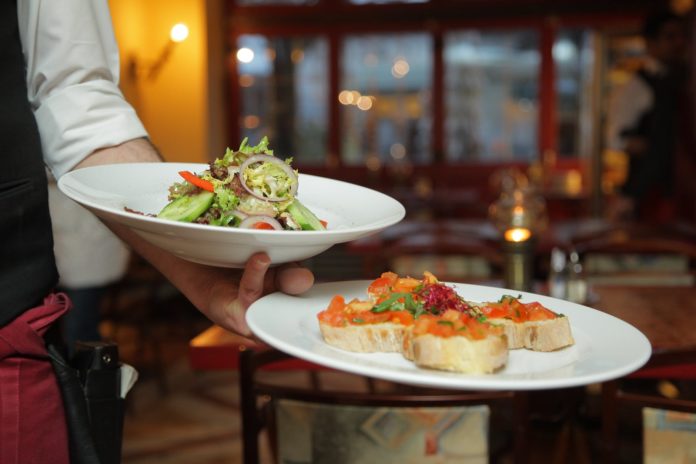As the food industry continues to experience change, food industry leaders and innovators weigh in on some trends to drive change in the industry that can benefit both for the people who work in food industry and for the consumers.
Order Online
Some people who are busy working and some are too tired to go out would prefer to order their food online. According to the National Restaurant Association, consumers order delivery or takeout at least once a week.
Delivery sales could rise an annual average of more than 20 percent to $365 billion worldwide by 2030, from $35 billion according to investment bank UBS. A recent study conducted by CHD Expert shows that restaurants will see this revenue from a variety of venues:
- Pick-up is projected to generate $124 billion in sales this year.
- Direct delivery from a restaurant: $32 billion.
- Delivery from a third-party delivery company: $13 billion.
Experimenting with Dining Experiences
Restaurants nowadays are asking customers feedback about their foods and services to see if what else they can do to offer diners an experience that they’ll never forget and make them visit the restaurant again.
Wellness Warriors
Functional foods have been the trend in the wellness industry and have recently gone mainstream in the restaurant industry.
Functional ingredients that are naturally present in foods—like the gut-healthy probiotics in kombucha or calming derivative in CBD oil—have consumers interested in healing from the inside with every meal.
Fight Employee Turnover
Because of the high turnover rates, one hospitality group in Pennsylvania has developed a mentoring program. High Street Hospitality offers tools for career growth for all levels at its restaurants, Fork Restaurant, A.Kitchen, and High Street, including mentoring, training, and formal coaching programs. The group focuses on hiring from within, but co-founder and CEO Ellin Lin told Skift Table that they provide aid for new recruits who are entering the industry for the first time.
“It’s great you make people know you are there to support them, but it’s not that easy,” Lin said. “So we’ve looked at all different programs. For example, one of our chefs believes if you’re bringing in young CIA grads to a new city, you have to indoctrinate them into adult life and find that family support system, because it doesn’t really exist for them.”
This progress in the restaurant industry means that owners and managers will feel the pressure to put culture first and offer their hard workers benefits, a stable environment, and opportunities for growth







